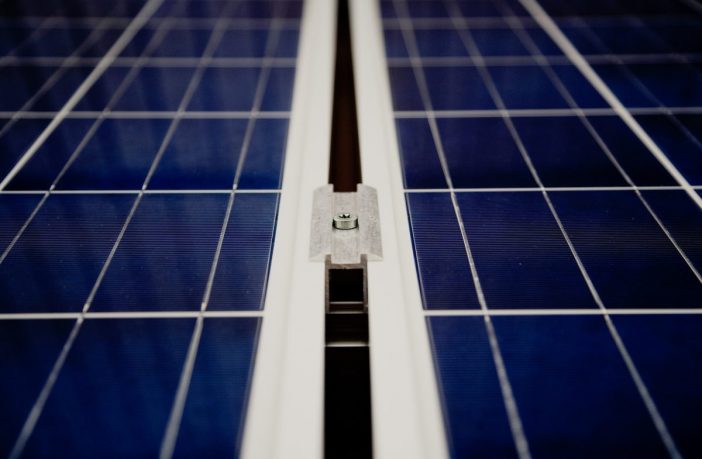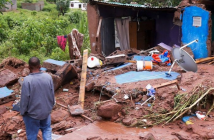Opinion
- The South African energy crisis should not be an excuse for abandoning localisation policy — this is a recipe for an unjust energy transition.
- The coal phase-out that compromises local content policy simply means that we are shedding local coal sector jobs only to replace them with imported components.
In a previous article , I indicated that the emergency procurement mix was a step in the right direction. I also indicated the importance of localisation benefits that need to be derived from the procurement of energy technologies that are included in the Integrated Resource Plan.
That the local content requirements for this emergency procurement have been waived is a recipe for an unjust energy transition. In January 2021, I wrote that we need to find a middle path in the battle over the just energy transition. I argued that there were two schools of thought that canvass from opposite angles:
“The first — representing activists for carbon-emission reduction at all costs — is biased towards environmental science. It can be referred to as an environmental and economic costs-driven group. They maintain that the costs of emissions are far too high for human life so we need to accelerate the decarbonisation agenda.
“The second school of activists can be referred to as the status quo group, which argues that the environmental consequences of the coal sector are insignificant relative to advanced economies such as the US and China, so there is no need for change. They say South Africa is endowed with enough coal resources and reserves to last many years, thus creating jobs and contributing to the gross domestic product.”
As a result, the coal phase-out that compromises local content policy simply means we are shedding local coal sector jobs only to replace them with imported components. Moreover, the notion that seems to believe that cheap electricity will automatically result in economic growth is empirically untrue. The South African energy crisis should not be an excuse for abandoning localisation policy — this is a recipe for an unjust energy transition.
I recently co-authored a journal article where I evaluated the economic impact of utility-scale solar photovoltaic localisation and which demonstrates the role that local content policy can play in achieving the principles of a just energy transition. This means that scientific, evidence-based decision-making tools are urgently needed to inform all the energy policy decisions that South Africa embarks on.
From the energy politics standpoint, the decisions that cannot be scientifically defended increase criticism of policymakers and this is something that needs to be urgently addressed. Furthermore, we cannot be in a state where certain decisions are forced through the courts.
I wish I had all the answers, but I do not — except to emphasise that environmental sustainability should not lead South Africa to joblessness, increased poverty and inequality.
South Africa should not shy away from asking whether the decisions that are taken will lead us towards a just energy transition path.
Author: Dr Stanley Semelane
Stanley is Senior Researcher, Climate Services with the CSIR’s Holistic Climate Change Impact Area, where he is responsible for supporting climate change finance as well as the mitigation and adaptation measures for a just transition in South Africa. He has an MSc in Engineering from Wits University and a PhD in Energy Studies at the University of Johannesburg.
















